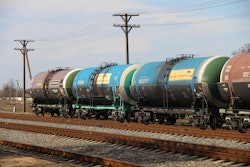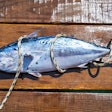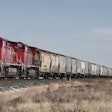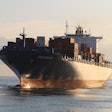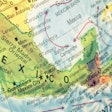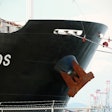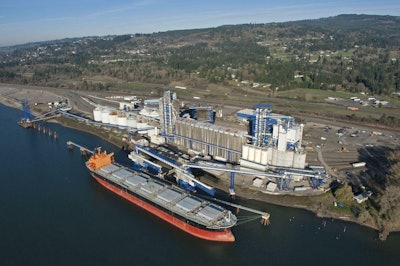
The Port of Kalama in Washington State has exported more soybeans than any other west coast port in the U.S. last year, according to a recent report from the Pacific Merchant Shipping Association.
Combining totals from the port’s two grain elevators, TEMCO and Kalama Export, the Port of Kalama exported nearly 5 million metric tons of soybeans, or 33% of all U.S. west coast soybean exports — edging out the Northwest Seaport Alliance Ports of Tacoma and Seattle (32%).
“Both TEMCO and Kalama Export are the absolute workhorses of the Port,” said Port Commission President, Randy Sweet. “Every year we continue to be amazed at how well they perform, and it speaks volumes about their operations and hardworking employees.”
Even more impressive, the Port of Kalama exported a total of 15 million metric tons of cargo last year, the majority of which were agricultural products. This is nearly 15% more than 2019 totals and 50% more than just ten years ago.
Despite the pandemic, the Port’s successes in 2020 once again earned it the title of third largest exporter on the west coast (just behind the Ports of Los Angeles and Long Beach, California) according to the latest figures from the US Census Bureau’sUSA Trade Online.
Operating at the Port since the 1960’s, the privately-owned TEMCO grain elevator is a joint venture of Minnesota-based agricultural companies CHS Inc. and Cargill. Kalama Export is also privately-owned and is a joint venture of Illinois-based Archer Daniels Midland Company and ConAgra, Inc.
Both grain elevators at the Port of Kalama have seen a surge in exports due, in part, to major upgrades of their facilities in 2014 and 2010, respectively.
- The Port is approximately five miles long from Columbia River mile 72 to mile 77
- Over 100,000 rail cars arrive at Port of Kalama each year
- Between 12 and 14 million TONS (not bushels) of grain are exported from Port of Kalama each year. (These are short tons = 2,000 pounds)
- 大豆,玉米,米洛,nd many grades of wheat are exported from grain facilities at the Port of Kalama. These products come from many states including Oregon, Washington, Idaho, Montana and North Dakota
- Over 1,024 employees are employed by businesses on the port








